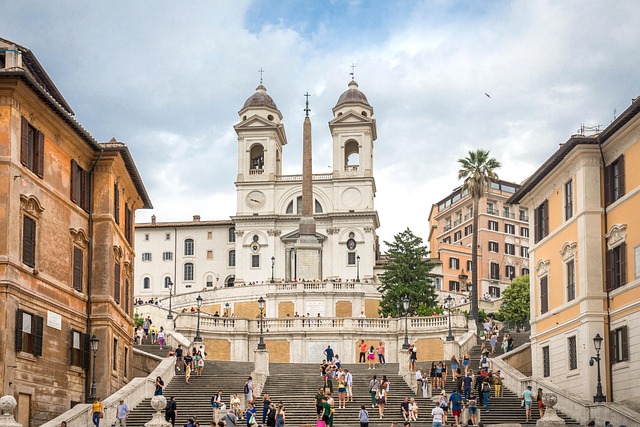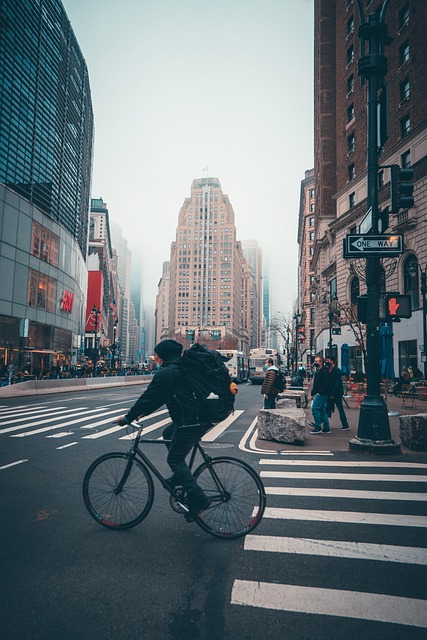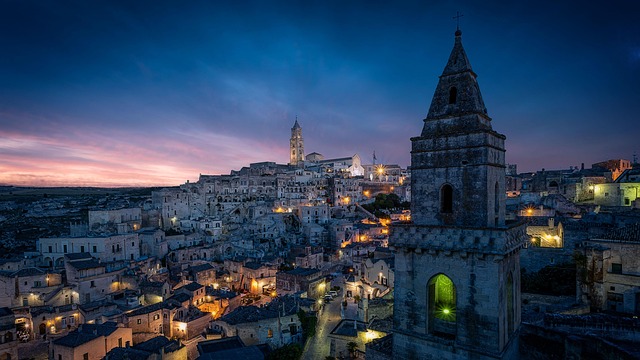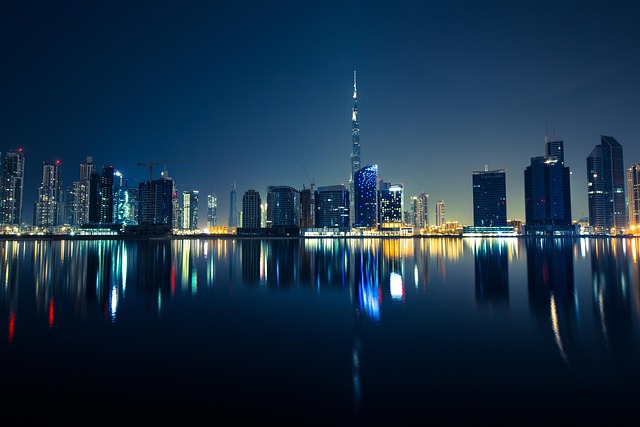Karachi's public transport system grapples with overcrowding, outdated infrastructure, and inefficient services due to the city's rapid growth. Despite initiatives like the BRT system, challenges persist. However, ongoing developments and a growing demand for modern mobility solutions offer hope for smoother commuting experiences in the future for Karachi's vibrant population, aligning with global trends for sustainable urban development.
North Karachi, a bustling metropolis within Pakistan’s vibrant cityscape, faces unique challenges when it comes to public transport. This article explores the current state of mobility in the region, delving into the issues plaguing the system and highlighting areas for much-needed improvement. From crowded buses to inefficient routes, we analyze the obstacles hindering seamless travel. Furthermore, we offer insights into promising future prospects, envisioning a more efficient public transport network tailored to North Karachi’s ever-growing needs, ensuring smoother commutes and enhanced connectivity for its folks.
- The Current State of Public Transport in North Karachi
- Challenges and Improvements Needed
- Future Prospects for Efficient Transit in North Karachi's Public Network
The Current State of Public Transport in North Karachi

The public transport system in North Karachi, like the rest of the bustling metropolis, is a complex web of options, from buses and vans to more modern forms like the bus rapid transit (BRT) system. However, the current state of this network leaves much to be desired. The city’s rapid growth has outpaced its infrastructure, leading to overcrowding, long travel times, and frequent delays.
Despite efforts to improve the situation, such as the introduction of the BRT, challenges remain. The existing fleet is often overcrowded and in poor condition, while routes are sometimes poorly planned or maintained. Navigating North Karachi’s public transport requires patience and perseverance through labyrinthine traffic and, at times, chaotic stations. However, with ongoing developments and a growing awareness of the need for efficient mobility solutions, there is hope for a smoother, more accessible future for commuters in this vibrant part of karachi.
Challenges and Improvements Needed

North Karachi’s public transport system faces several challenges, notably overcrowding and inadequate infrastructure. The city’s rapid growth has outpaced its transportation network, leading to congestion and inefficient services. Old buses and vehicles contribute to environmental concerns, with Karachi known for its high pollution levels. Improving accessibility and comfort is crucial; many routes lack proper signage, making navigation difficult for both locals and tourists.
To address these issues, there’s a pressing need for modern, well-maintained public transport. Investing in cleaner, more efficient buses and implementing smart ticketing systems can enhance passenger experience. Developing comprehensive route maps and promoting digital information boards at stations will improve accessibility. Moreover, expanding the network to cover all areas of North Karachi and improving road conditions are essential steps towards creating a seamless public transportation system that meets the demands of Karachi’s vibrant population.
Future Prospects for Efficient Transit in North Karachi's Public Network

The future of public transport in North Karachi looks promising, with significant potential for enhancing efficiency and connectivity across the bustling metropolis. The city’s public network can leverage technological advancements to revolutionize transit experiences. Implementing smart ticketing systems and digital payment gateways will streamline fare collection and reduce wait times at stations, making travel more convenient for residents. Additionally, integrating real-time tracking data into mobile apps can provide passengers with accurate arrival estimates, allowing them to plan their journeys effectively.
Further, the expansion of bus rapid transit (BRT) systems could be a game-changer for North Karachi’s public transport. This efficient and dedicated bus infrastructure offers a sustainable and cost-effective solution to alleviate traffic congestion. By prioritizing BRT corridors, the city can foster better connectivity between diverse neighborhoods, promoting inclusive economic growth and reducing travel times. Such strategic investments in public transit align with global trends, ensuring that Karachi remains vibrant and livable for its growing population.
North Karachi’s public transport system, though facing numerous challenges, holds immense potential for improvement. By addressing infrastructural gaps, introducing modern fleet management systems, and enhancing accessibility, the city can achieve efficient transit. Integrating sustainable practices and technology will be pivotal in shaping a future-ready public transport network that caters to the diverse needs of Karachi’s growing population. Such developments will not only alleviate traffic congestion but also contribute to a greener, more livable metropolis.



